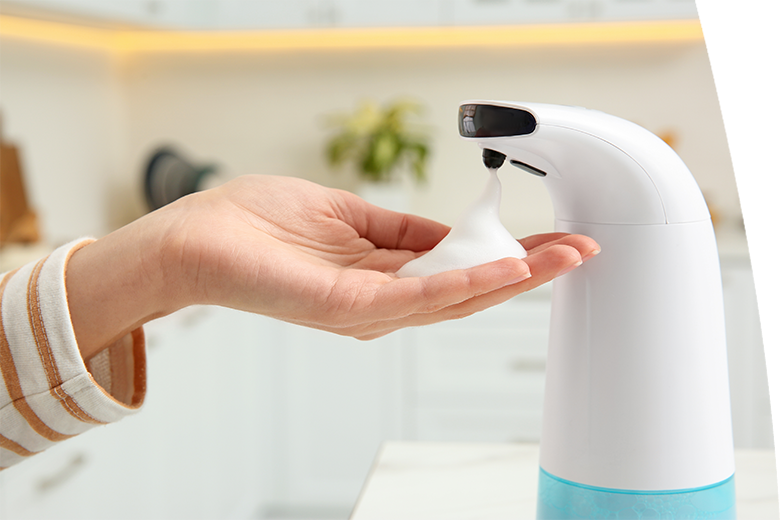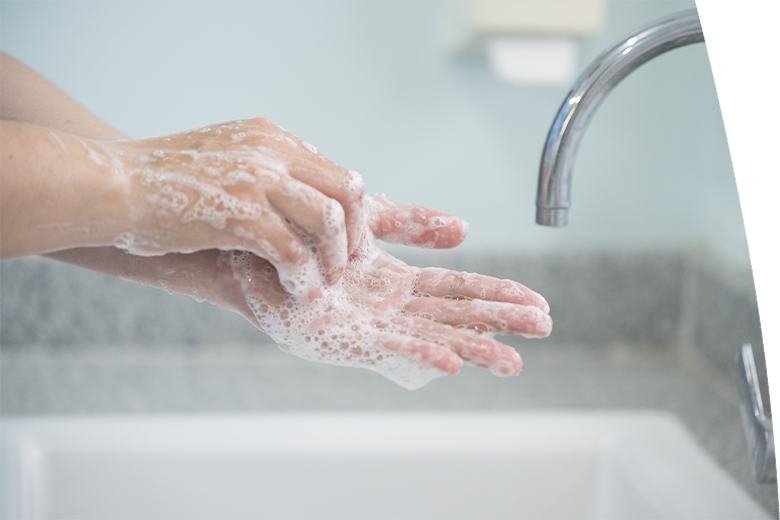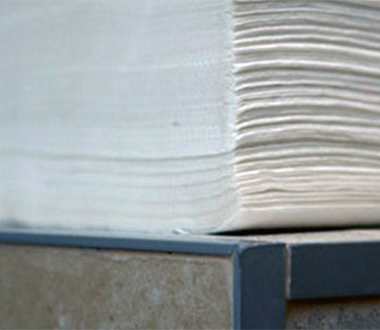Are innovative hygiene technologies the future?

Hygiene plays a key role in ensuring health and well-being in our daily lives. With constant technology advancement, innovative hygiene solutions are appearing and are altering the way we approach personal hygiene and hygiene practices in public spaces. What remains is the question whether these technologies are really the future of hygiene.
New standards of hygiene
Increased awareness of health and hygiene practices, mainly in relation to global challenges, reinforces the need for effective hygiene solutions. Innovative technologies such as automatic soap dispensers, touchless toilets and UV disinfection systems are becoming inevitable tools in the fight against the spread of infection and disease.
- Automatic soap dispensers: These devices allow users to avoid direct contact with surfaces, reducing the risk of transmission of bacteria and viruses. Sensors detect the presence of hands and provide the exact amount of soap without the need to touch the device.
- Touchless toilets: These toilets open and close automatically, minimizing the contact with surfaces. Features such as heated seats and integrated bidets ensure maximal level of comfort and hygiene.
Sustainability and efficiency
Innovative hygiene technologies also contribute to sustainability. Modern toilets and sinks are designed to minimize water and energy consumption. In this way, they not only improve hygiene, but also contribute to environment protection.
- Technologies for saving water: Solutions such as intelligent flushing optimize the amount of water needed for flushing, thus they are saving valuable resources.
- Energy efficient devices: New hygiene technologies are often designed in line with energy efficiency and this contributes to lower operating costs and smaller impact on the environment.
Expected trends
As technologies advance, hygiene innovations are expected to have continual growing and expanding tendencies. Consumers are increasingly aware of the importance of hygiene, which triggers the demand for smart solutions. The trends expected include:
- Integration of artificial intelligence: AI can improve user experience through adjusted features and hygiene monitoring.
- Advanced monitoring systems: These systems can monitor air and surface quality and provide notifications for the need of cleaning and maintenance.
Undoubtedly, innovative hygiene technologies are the future of hygiene. Their integration into our lives not only increases the level of hygiene and health, but also contributes to sustainability and comfort. As technologies evolve, from our side it is important to accept them and implement them into everyday practices and thus we will be able to ensure a healthier and safer environment for all.





